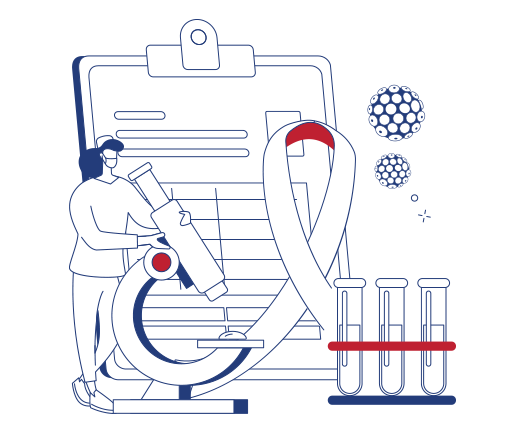


Cancer remains one of the most daunting challenges in modern medicine, with conventional treatments offering varying degrees of success. Alongside these traditional approaches, there is growing interest in alternative therapies, particularly in the field of homoeopathy. Among the notable figures in this domain is Dr. Prasanta. Banerji, renowned for his innovative approach to cancer treatment with homoeopathy. This blog explores Dr. Banerji’s methodology, the principles behind homoeopathic treatment, and the impact of his work on cancer care.
Homoeopathy is a holistic system of medicine based on the principle of “like cures like.” It was developed in the late 18th century by Samuel Hahnemann, a German physician who believed that a substance causing symptoms in a healthy person could, in diluted form, treat those same symptoms in a sick person. Homoeopathic treatments are highly individualised, concentrating on the unique symptoms and overall health of the patient rather than solely on the disease.
In homoeopathy, remedies are prepared through a process of serial dilution and succussion (vigorous shaking). Proponents believe this process enhances the healing properties of the substances while minimising toxicity. Despite its controversial status in the broader medical community, homoeopathy has been practised by many and has a loyal following.
Dr. P. Banerji’s clinic on Elgin Road has gained prominence for its unique and effective methods in treating cancer with homoeopathy. The approach diverges significantly from traditional homoeopathic practices while integrating modern research with classical homoeopathy principles.
At Dr. Prasanta. Banerji’s clinic, the approach to cancer treatment is highly personalised. Unlike the one-size-fits-all strategies often seen in conventional medicine, treatment plans are tailored to the individual’s specific cancer type, stage, and overall health condition. This involves a comprehensive evaluation of the patient’s medical history, lifestyle, and psychological state to create a holistic treatment plan.
One of the distinctive aspects of the methodology here is the doctors’ willingness to integrate homoeopathic treatments with conventional cancer therapies. Due consideration is given to the fact that, while homoeopathy offers significant benefits, it should complement rather than replace standard medical treatments. This integrative approach aims to enhance the overall efficacy of cancer care, manage the side effects of conventional treatments, and improve the patient’s quality of life.
PBHRC employs a range of specific homoeopathic remedies that are known for their efficacy in cancer treatment. These remedies are chosen based on extensive research and clinical experience, targeting various aspects of cancer pathology and patient well-being. Remedies are selected to support the body’s natural healing processes, boost immune function, and address symptoms associated with cancer and its treatment.
In addition to treating cancer itself, a strong emphasis is placed on improving the patient’s quality of life. This includes managing pain, reducing anxiety, and addressing other symptoms that may arise from the disease or its treatment. By focusing on holistic well-being, the treatment approach aims to provide patients with a better overall experience during their cancer journey.
The role of homoeopathy in cancer treatment has been a topic of considerable debate. Proponents argue that homoeopathy can complement conventional treatments by alleviating symptoms and improving overall patient comfort. Critics, however, question its efficacy due to a lack of large-scale, rigorous scientific studies.
The innovative approach followed at Dr. P. Banerji’s clinic seeks to bridge this gap by incorporating evidence-based practices and continually assessing the effectiveness of his treatments. This approach emphasises the importance of a multidisciplinary approach to cancer care, which includes both conventional and alternative therapies.
Dr. P. Banerji’s innovative approach to cancer treatment with homoeopathy represents a promising alternative or complementary option for cancer patients. The focus is always on personalised care, integration of conventional treatments, and emphasis on improving quality of life aligned with a holistic approach to cancer management. While homoeopathy remains a subject of discussion, Dr. P. Banerji’s clinic at Elgin Road demonstrates a commitment to exploring new avenues in the quest for effective cancer care.
The research-backed contributions to homoeopathic medicine and cancer treatment reflect a deep dedication to enhancing patient outcomes and advancing the field of alternative medicine. As research progresses and more evidence emerges, these treatment processes may play an increasingly significant role in the future of cancer care.